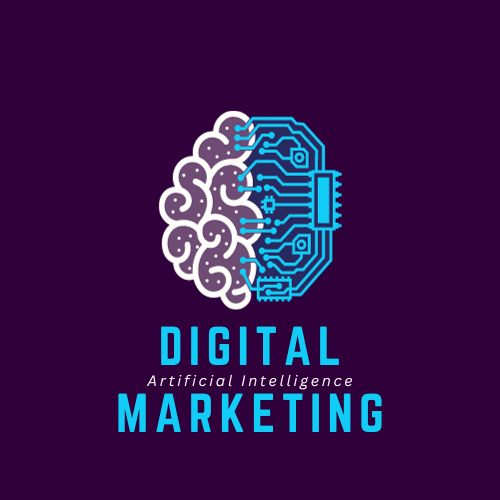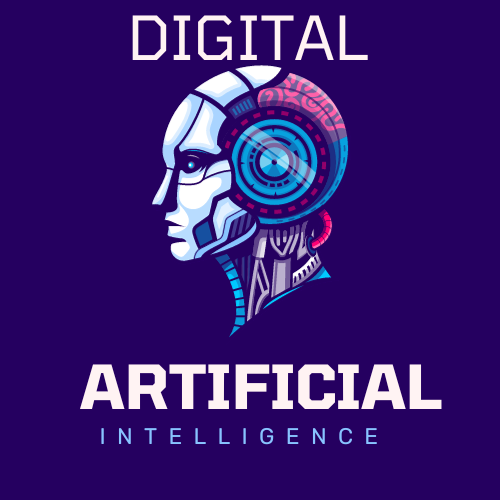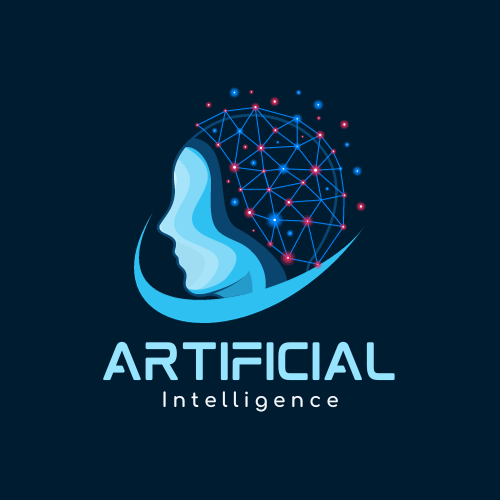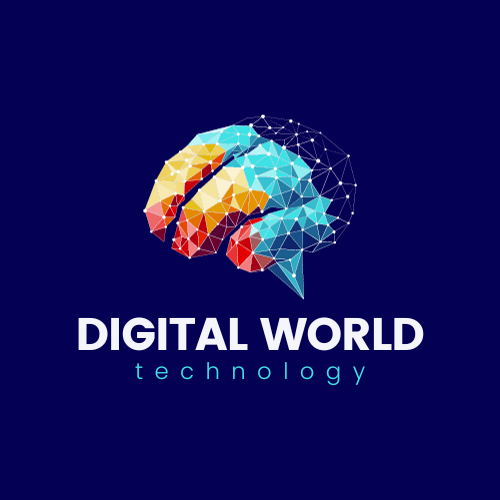
Digital marketing is a dynamic and comprehensive strategy that leverages online platforms, channels, and technologies to promote products, services, or brands. In the contemporary business landscape, where the majority of consumer interactions occur online, digital marketing is an essential tool for businesses seeking to establish a robust online presence and connect with their target audience.
At its core, digital marketing encompasses a wide range of tactics aimed at engaging and influencing potential customers through various online channels. Unlike traditional marketing methods that rely on print or broadcast media, digital marketing harnesses the power of the internet amazing to deliver targeted messages, build brand awareness, and drive measurable results.

Search Engine Optimization (SEO) in digital marketing :
One of the fundamental elements of digital marketing is Search Engine Optimization (SEO). SEO involves optimizing a website’s content, structure, and backlinks to improve its visibility on search engine results pages. By strategically incorporating relevant keywords and adhering to search engine algorithms, businesses aim to enhance their organic search rankings, resulting in increased visibility and, consequently, higher traffic.
Search Engine Marketing (SEM) in digital marketing :
plays a pivotal role in connecting businesses with their audience on popular social platforms such as Facebook, Instagram, Twitter, and LinkedIn. SMM involves creating and sharing content, running targeted ads, and engaging with the audience to build brand identity and loyalty. Social media platforms serve as powerful channels for fostering meaningful connections and facilitating two-way communication between businesses and consumers.
Content marketing is a strategy focused on creating and distributing valuable, relevant content to attract and retain a specific audience. This content can take various forms, including blog posts, articles, videos, podcasts, and infographics. By providing valuable information, businesses aim to establish themselves as industry authorities, build trust, and nurture long-term relationships with their audience.
Email Marketing in digital marketing :
It remains a cornerstone of digital communication. Through personalized and targeted email campaigns , businesses can deliver relevant content, promotions, and updates directly to their audience’s inbox. Automation tools further enhance the efficiency of email marketing, enabling businesses to tailor messages based on user behavior and preferences.
The emergence of influencer marketing is reshaping digital strategies. Brands collaborate with influencers individuals with significant online followings—to promote their products or services. Influencers, trusted by their audience, provide authentic endorsements, driving engagement and influencing purchasing decisions.
Analytics and data analysis are integral to measuring and optimizing digital marketing efforts. Tools like Google Analytics enable businesses to track user behavior, monitor website traffic, and assess the performance of marketing campaigns. By interpreting these insights, marketers can make informed decisions, refine strategies, and maximize return on investment.

conclusion of digital marketing :
digital marketing is a multifaceted and evolving approach that empowers businesses to connect with their audience in the digital age. It combines diverse strategies, from SEO and SEM to social media marketing and content creation, to create a holistic online presence. As technology continues to advance, digital marketing will remain at the forefront of how businesses engage, influence, and build relationships with their target audience.
Realm of Digital Marketing :
In the dynamic landscape of the 21st century, where technology reigns supreme, traditional marketing approaches are gradually making way for their digital counterparts. Digital marketing, a transformative force in the business realm, is not merely a buzzword but a complex and evolving ecosystem that has revolutionized the way companies connect with their audience. To truly understand digital marketing, one must delve into its multifaceted nature, exploring the unique elements that set it apart from conventional marketing strategies.
At its core, digital marketing encompasses a broad spectrum of online channels and platforms designed to promote products, services, or brands. From social media and search engine optimization (SEO) to email marketing and content creation, the digital marketing landscape is a tapestry interwoven with diverse threads that collectively propel businesses into the digital age.
One distinctive aspect of digital marketing lies in its unparalleled ability to target specific audiences with surgical precision. Unlike traditional methods that cast a wide net in the hopes of reaching potential customers, digital marketing employs data-driven strategies to pinpoint and engage individuals most likely to convert. This targeted approach not only optimizes marketing budgets but also enhances the overall efficiency of campaigns, resulting in a higher return on investment.
The immediacy and interactivity offered by digital marketing are also noteworthy differentiators. In the digital realm, communication is two-way, enabling brands to engage in real-time conversations with their audience. Social media platforms, for instance, provide an avenue for instant feedback, allowing businesses to adapt and respond swiftly to changing consumer sentiments. This dynamic interaction fosters a sense of community and builds brand loyalty, creating a unique bond between businesses and their customers.
Another facet that sets digital marketing apart is the wealth of data it generates. Every click, like, share, and conversion leaves a digital footprint that marketers can analyze to gain valuable insights into consumer behavior. This data-driven approach empowers businesses to make informed decisions, refine their strategies, and personalize their interactions with customers. The ability to measure key performance indicators (KPIs) in real time provides a level of accountability and transparency that was once elusive in traditional marketing.
The democratization of marketing is a revolutionary aspect of the digital era. Small and medium-sized enterprises (SMEs) now have the opportunity to compete on a global scale, leveraging digital platforms to reach audiences beyond geographical boundaries. The accessibility of digital marketing tools and the cost-effectiveness of online advertising make it possible for businesses of all sizes to carve out their niche in the vast digital landscape.
Content marketing, a pivotal component of digital marketing, deserves special mention for its role in building brand authority and establishing thought leadership. Through blogs, videos, podcasts, and other content formats, businesses can showcase their expertise, educate their audience, and create a lasting impression. This storytelling aspect of digital marketing not only differentiates brands but also adds a human touch to the often-impersonal online experience.
In conclusion, digital marketing is not just a set of techniques; it’s a dynamic and ever-evolving ecosystem that transforms the way businesses connect with their audience. Its unique attributes, such as targeted precision, real-time interaction, data-driven decision-making, global accessibility, and the power of storytelling, collectively contribute to its significance in the modern business landscape. As we navigate this digital tapestry, the uniqueness of digital marketing lies not only in its tools and strategies but in its ability to continuously adapt and redefine the rules of engagement in the online marketplace.

Navigating the best Dynamic Realm of Digital Marketing :
In the vast expanse of the digital universe, the realm of digital marketing unfolds as a dynamic and ever-evolving landscape, offering businesses a unique journey of connection and engagement with their audience. Beyond the conventional marketing paradigms, digital marketing carves its niche by integrating innovation, personalization, and adaptability. Let’s embark on a journey through the distinctive elements that make the realm of digital marketing a truly unique and compelling odyssey.
1. Hyper-Personalization: At the heart of digital marketing lies the art of hyper-personalization, a practice that transcends traditional segmentation. It’s not merely about addressing the audience; it’s about creating a bespoke experience for each individual. Through sophisticated data analytics and AI algorithms, businesses can tailor their messages, recommendations, and offers to match the specific preferences, behaviors, and demographics of their audience. This personalized approach fosters a sense of connection, resonating with consumers on a level that traditional marketing struggles to attain.
2. AI-Driven Insights: Artificial Intelligence acts as a guiding compass in the digital marketing odyssey. Machine learning algorithms analyze vast datasets, providing businesses with actionable insights into consumer behaviors, trends, and preferences. This data-driven decision-making ensures that marketing strategies are not only optimized for the present but are also future-proofed. From predictive analytics guiding strategic planning to chatbots enhancing customer interactions, AI is a transformative force shaping the unique landscape of digital marketing.
3. Interactive Content Experiences: Digital marketing is not merely about broadcasting messages; it’s about engaging the audience in a meaningful dialogue. The integration of interactive content experiences, such as quizzes, polls, and augmented reality applications, adds a new dimension to the marketing odyssey. This interactive approach not only captivates attention but also transforms consumers from passive observers into active participants, creating a memorable and shareable brand experience.
4. Influencer Ecosystems: The digital marketing odyssey introduces a cast of influential characters – the social media influencers. Unlike traditional celebrities, influencers wield a genuine and relatable connection with their followers. Brands harness this unique phenomenon to amplify their reach and resonate authentically with specific target audiences. The influencer ecosystem adds an organic and trusted voice to marketing efforts, creating a sense of community and authenticity.
5. Cross-Channel Integration: The digital marketing landscape seamlessly integrates across diverse channels, transcending the limitations of traditional silos. Social media, email, search engines, and content marketing harmonize to create a cohesive brand presence. This cross-channel integration ensures a consistent brand narrative and maximizes visibility, offering a unified experience to consumers across various touchpoints.
6. Data Privacy and Trust: In the era of heightened data awareness, digital marketing places a premium on building and maintaining trust. The unique aspect here is the emphasis on transparent data practices and ethical considerations. Businesses that prioritize data privacy not only comply with regulations but also foster stronger, trust-based relationships with their audience, laying the foundation for long-term brand loyalty.
7. Agile Campaign Management: The digital marketing odyssey unfolds in real-time, allowing marketers to adjust their strategies on the fly. Data-driven insights enable agile campaign management, ensuring that marketing efforts remain relevant and effective. This adaptability is a unique strength, allowing businesses to navigate the ever-changing currents of the online landscape with flexibility and precision.
8. Ephemeral Content: Enter the world of ephemeral content – short-lived, temporary pieces of content that create a sense of urgency and exclusivity. Platforms like Snapchat and Instagram Stories leverage the fear of missing out (FOMO), adding a unique dimension to digital marketing. Ephemeral content encourages real-time engagement, as audiences know that the content is fleeting, creating a sense of immediacy and connection.
In conclusion, the realm of digital marketing is not a static landscape; it’s a dynamic odyssey where innovation and adaptability are the guiding stars. Navigating this unique journey requires businesses to embrace change, harness technological advancements, and engage with their audience in ways that are not just impactful but distinctly modern. The odyssey of digital marketing is an ever-unfolding narrative, where every click, share, and interaction contributes to the shaping of a brand’s compelling story in the digital era. Welcome to a unique odyssey where the journey is as significant as the destination.

